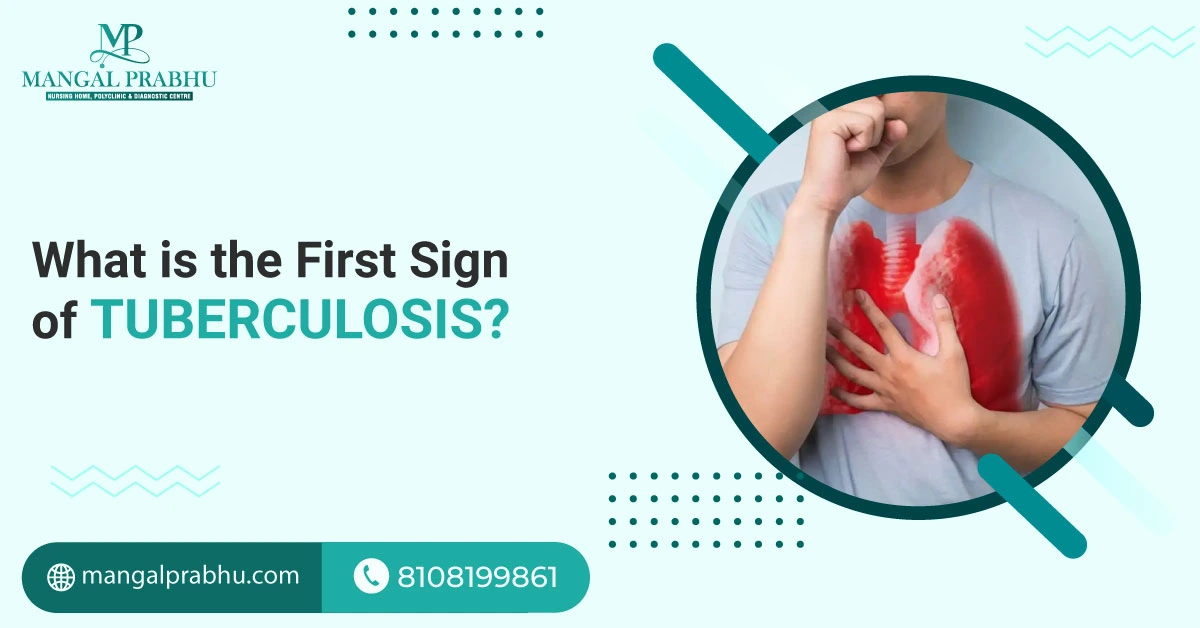
Tuberculosis is a contagious illness caused by the bacteria Mycobacterium tuberculosis. The condition primarily affects your lungs, although it can also affect your brain, spine, and even kidneys, depending on where the germs have spread.
TB spreads when an infected person sneezes, coughs, laughs, and sings. Their droplets can contaminate the air, spreading the infection to people around them. TB can be confused with other lung-related illnesses, which is why it’s important to understand its symptoms and seek professional care from a top-rated pulmonologist in Navi Mumbai. If you are wondering what is the first sign of tuberculosis, read on.
Understanding Tuberculosis
Mycobacterium tuberculosis can be inside your body but with no apparent symptoms. It’s called dormant or inactive tuberculosis. If the bacteria produces symptoms, you may need to see a pulmonologist for timely treatment. People with a healthy immune function might have inactive tuberculosis.
These people aren’t contagious. Note that once the bacteria enters your body, it may become active later.
The First Sign of Tuberculosis
TB is categorized into different stages, and the symptoms can vary depending on that. Here are a few of the first common signs people with TB might experience.
1) Flu-Like Symptoms:
The primary stage is when your immune system detects the bacteria in your system and kills them. Some of these can survive and multiply in the lungs, leading to an active TB infection. At this point, you won’t have any severe symptoms. Some people report flu-like symptoms, like cough, low-grade fever, and cold. These are often confused with a seasonal cold.
2) Persistent Cough:
People with TB experience persistent coughs that last longer than three weeks and worsen over time. Initially, you might experience a dry cough followed by a cough that produces phlegm and blood.
3) Chest Pain:
Difficulty breathing, chest tightness, and pain are other warning signs of tuberculosis. These issues are more common in individuals with rapidly progressing infections.
4) Fever:
If you have a persistent low-grade fever that occurs mostly in the evening, it’s time to see a professional for a thorough evaluation.
5) Night Sweats:
If you find yourself drenched in sweat at night, it could signal an active infection. The sweat suggests your immune system is fighting off an infection.
6) Changes in Your Appetite:
In tuberculosis patients, an increased metabolism with a reduced appetite can result in significant weight loss. If you notice the above symptoms with a noticeable change in your appetite or an unexplained weight loss, it can be a sign of TB.
Importance of Visiting a Pulmonologist
TB can remain undiagnosed in the early stages, as most people confuse the symptoms with a common cold, flu, and bronchitis. The most common sign that sets TB apart from other contagious, lung-based illnesses is a persistent cough with mucus and blood. If you notice a cough with fever, chills, fatigue, and weight loss, consult a pulmonologist immediately. Early diagnosis can improve the treatment outcome. Find the best TB treatment hospital in Navi Mumbai and discuss your symptoms and treatment options with a professional.
